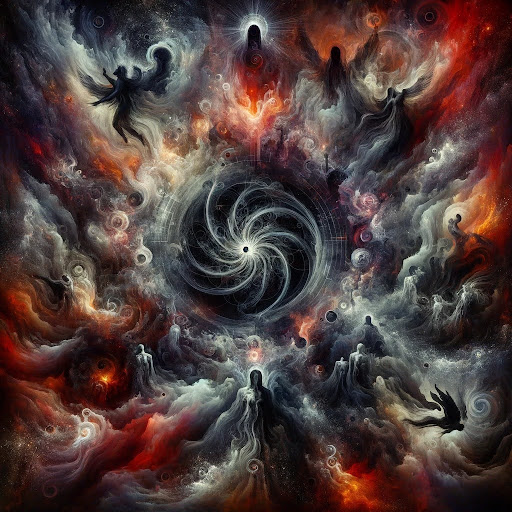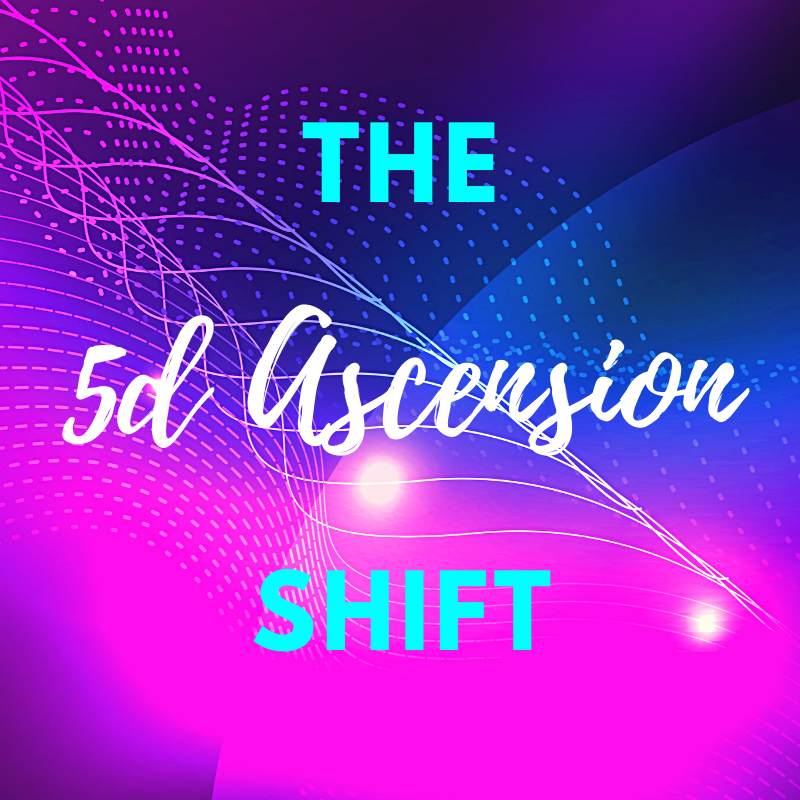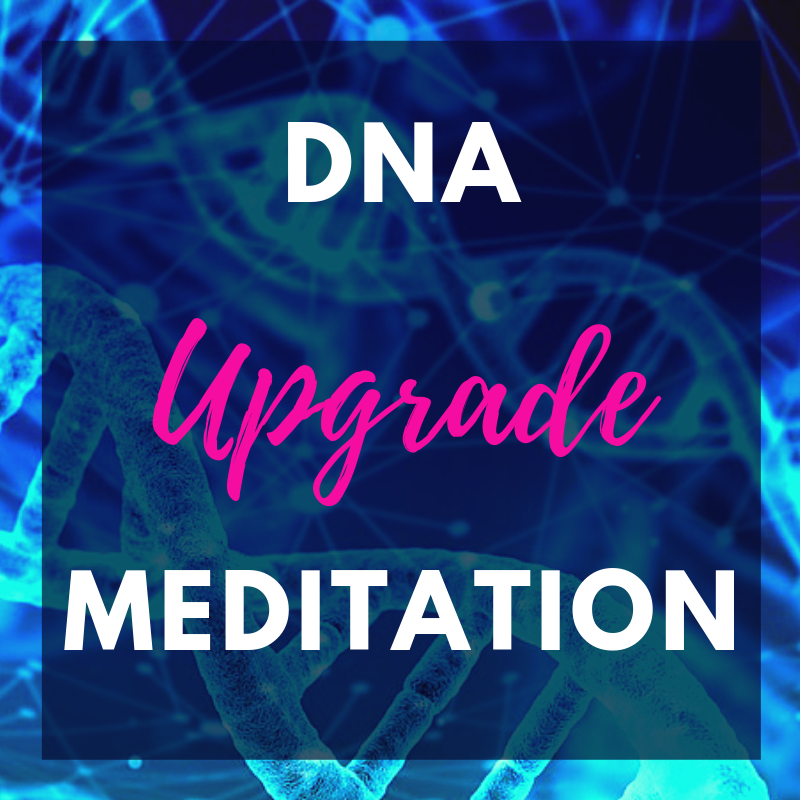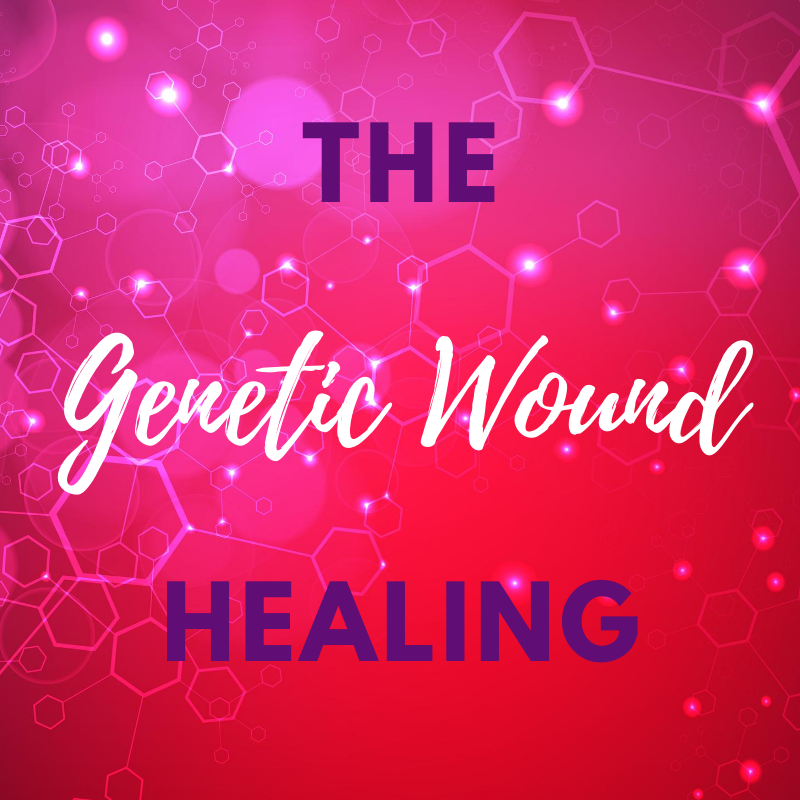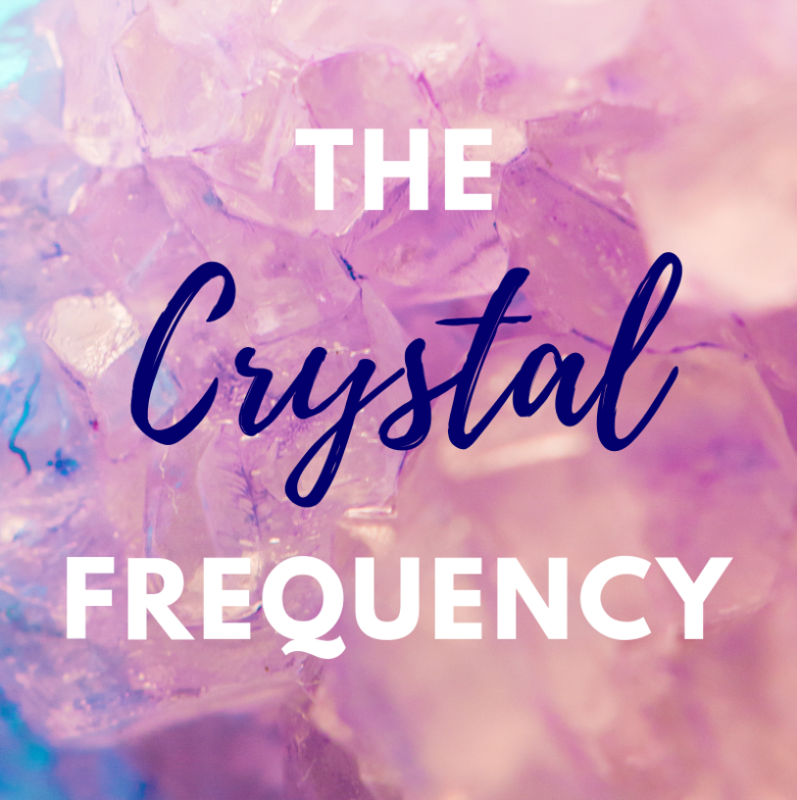Table of Contents
- Introduction to Spiritual Psychosis
- Understanding Spiritual Psychosis
- The Stigma Surrounding Spiritual Psychosis
- Diagnosis and Challenges
- Treatment Options and Managing the Condition
- Preventive Measures and Early Intervention
- Conclusion
- FAQs on Spiritual Psychosis
Introduction to Spiritual Psychosis
Spiritual psychosis represents a complex condition where an individual loses touch with reality through the intensity of their spiritual experiences. This might manifest as hearing voices, seeing visions, or harboring delusional beliefs often steeped in spiritual or religious significance. While the term might sound alarming, it’s crucial to distinguish these experiences from common spiritual awakenings, which are typically enriching and do not interfere with daily functioning.
In today’s fast-paced world, there’s a burgeoning interest in spirituality and mental health as tools for personal growth and coping mechanisms. This surge aligns with a broader societal shift towards recognizing mental health’s importance and understanding how deeply intertwined it is with our spiritual beliefs. As such, spiritual psychosis is becoming a critical discussion point, especially among communities heavily engaged in spiritual practices.
Understanding spiritual psychosis is vital – not just for those experiencing it, but also for therapists, healers, and caregivers involved in mental health and spiritual communities. By demystifying and discussing its impacts openly, we can cultivate a supportive environment that encourages healing and well-being, aligning with the needs of those experiencing this profound, spiritual challenge.
Understanding Spiritual Psychosis
The Distinction Between Spiritual Experiences and Psychosis
Spiritual experiences and psychosis often intersect but are fundamentally different. Spiritual experiences generally enhance one’s sense of connection to the self, others, and the universe without compromising the grip on reality. In contrast, spiritual psychosis disrupts daily functioning and distorts one’s perception of reality, often necessitating professional intervention.
Causes and Triggers of Spiritual Psychosis
- Intense Spiritual Practices Without Guidance: Engaging in deep spiritual practices such as meditation, fasting, or isolation for longer than is balanced, or without experienced guidance can precipitate psychosis, especially in those predisposed to mental health challenges.
- Trauma or Significant Life Stressors: Life-altering events or severe emotional distress (either currently or from the past) can trigger psychotic episodes with a spiritual context.
- Substance Use and Genetic Predispositions: Psychoactive substances can trigger psychosis in vulnerable individuals, while genetic factors may increase susceptibility (yes, it really can run in your energetic ‘genes’)..
Common Symptoms to Recognize
- Cognitive: Individuals may experience disorganized thoughts or delusions, often influenced by spiritual content, which might convince them they have special powers or are on a divine mission.
- Affective: Look out for extreme mood swings ranging from profound euphoria to deep despair, which can severely impact emotional well-being.
- Behavioral: Symptoms like withdrawing from social situations or displaying unusual or risky behaviors are common and may signal an underlying issue needing attention.
Recognizing these signs and understanding the causes of spiritual psychosis can empower those affected and their caregivers to seek appropriate help, blending spiritual understanding with professional health interventions for a balanced approach to recovery.
The Stigma Surrounding Spiritual Psychosis
Societal and Cultural Misconceptions
Spiritual psychosis often faces misunderstandings and stigma due to its complex nature. Societally, there’s a thin line perceived between profound spiritual experiences and mental health issues, leading to judgments and dismissal of the serious nature of psychosis. Culturally, while some communities may view such experiences as spiritual awakenings or divine interactions, others may stigmatize these as signs of mental instability, further complicating the support landscape.
Impact of Stigma on Diagnosis, Treatment, and Personal Lives
- Diagnosis and Treatment: Stigma can lead to underdiagnosis or misdiagnosis, as individuals may avoid seeking help, or fail to share the truth, for fear of being labeled or misunderstood. This hesitation delays effective treatment and can worsen the condition.
- Personal Lives: The stigma associated with spiritual psychosis can isolate individuals, affecting their social interactions and relationships. The fear of judgment can lead to significant distress, compounding the challenges they face and hindering recovery.
Addressing these misconceptions through education and open dialogues can help reduce stigma. As healers and therapists, it is crucial to foster an environment of understanding and acceptance, allowing those affected to seek and receive the necessary support without fear of prejudice.
Diagnosis and Challenges
Differentiating Spiritual Experiences from Psychosis
Distinguishing between spiritual experiences and spiritual psychosis presents a significant challenge. Spiritual experiences typically enhance life, providing a sense of peace and connection without disrupting daily functionality. In contrast, spiritual psychosis can detach an individual from reality, leading to significant distress and impairment. The overlap of symptoms that can be interpreted spiritually complicates the clinical assessment and requires sensitive discernment.
Role of Mental Health Professionals and Culturally Sensitive Approaches
- Mental Health Professionals: Their expertise is crucial in navigating the subtle nuances between profound spiritual insights and psychosis. These professionals employ comprehensive assessments to ensure that the diagnosis respects the individual’s spiritual experiences while addressing potential mental health issues.
- Culturally Sensitive Approaches: It’s imperative to approach diagnosis and treatment with a deep understanding of the individual’s cultural background. Culture influences one’s interpretation of spiritual experiences, which must be considered to provide effective and respectful care.
Embracing these challenges and integrating culturally aware practices help mental health professionals offer more accurate diagnoses and effective treatments, ultimately supporting the well-being of those experiencing spiritual psychosis.
Treatment Options and Managing the Condition
Conventional Treatments
- Medication: Antipsychotic medications can be effective in managing symptoms of spiritual psychosis, especially when symptoms are severe. These medications help stabilize mood and reduce delusions or hallucinations. It’s worth noting that despite the belief within the spiritual community that medication will negatively impact or stop your spiritual awakening, I have never yet found this to be the case. Instead, I’ve noticed the positive and speedy rebalancing that can occur when medication is used alongside energy healing.
- Psychotherapy: Various forms of psychotherapy, such as cognitive-behavioral therapy (CBT) or family therapy, are vital. They help individuals understand and cope with their experiences, improving their ability to function and reducing the impact on their daily lives.
Holistic and Alternative Approaches
- Meditation and Mindfulness: These practices can be particularly beneficial for those experiencing spiritual psychosis, as they promote grounding and the development of a mindful presence, helping to manage anxiety and stress.
- Yoga: Incorporating yoga can aid in reducing symptoms of psychosis by enhancing physical health, increasing body awareness, and improving emotional regulation.
Importance of a Supportive Care Network and Community Resources
- Supportive Care Network: Building a strong support system with family, friends, and mental health professionals can provide the emotional backing and practical assistance needed.
- Community Resources: Accessing community resources such as support groups or spiritual care services can offer additional layers of support, providing a community that understands and shares similar experiences.
Integrating these treatment approaches provides a comprehensive strategy to manage spiritual psychosis effectively. Encouraging the use of both conventional and holistic methods, alongside a robust support network, ensures a well-rounded approach to treatment and recovery, tailored to the individual’s unique needs and experiences.
Preventive Measures and Early Intervention
Tips for Individuals Engaging in Spiritual Practices
- Guided Practice: Always seek guidance from experienced practitioners when delving into deep spiritual practices such as meditation retreats or intense prayer sessions. This ensures that you maintain a balanced approach and receive proper support.
- Moderation: Approach spiritual practices with moderation to avoid overwhelming experiences e.g meditating for hours each day is likely to overstimulate the kundalini energies and make your awakening symptoms worse. Gradually increase the intensity of your practices as you stabilize and become more accustomed to their effects.
Recognizing Early Signs and the Importance of Seeking Help
- Early Signs: Be aware of early signs of spiritual psychosis, which may include confusion, heightened sensitivity, or feeling disconnected from reality. Other indicators can include obsessive thoughts about spiritual symbols or ideas, auditory or visual hallucinations, believing you are a famous spiritual or historical figure reincarnated and extreme mood swings.
- Seeking Help: If you or someone you know starts showing these signs, it’s crucial to seek help immediately. Early intervention can significantly improve outcomes. Consulting a mental health professional who understands the interplay between spirituality and mental health can provide the necessary support and guidance and help you anchor to reality.
Implementing these preventive measures and being vigilant about the early signs can help maintain mental wellness and ensure that spiritual practices enrich rather than overwhelm your life, ensuring that your spiritual journey continues its ascent.
Conclusion
Understanding spiritual psychosis is essential for those experiencing it and for the community around them. This condition, characterized by losing touch with reality through intense spiritual experiences, requires a compassionate approach that integrates both conventional and holistic treatments. From medication and psychotherapy to meditation and yoga, the path to managing spiritual psychosis involves a blend of methods tailored to individual needs. Recognizing early signs and seeking timely help can significantly improve outcomes.
As we continue to explore the depths of spirituality and mental health, it’s crucial to maintain open conversations about these topics. Discussing them openly can dispel myths, reduce stigma, and foster a supportive community that encourages healing and understanding.
If you or someone you know is navigating similar challenges, consider reaching out for a personalized healing session with me – (spiritual awakening expert, Kelly). These one-on-one sessions are designed to address your unique needs, helping you find balance and recovery in a supportive and understanding environment.
FAQs on Spiritual Psychosis
- What is the difference between spiritual psychosis and a spiritual awakening?
Spiritual psychosis involves disturbances in perception and thought processes related to spiritual or religious content, leading to significant distress and dysfunction. In contrast, a spiritual awakening often enhances one’s life without these negative impacts. For more on spiritual awakenings, check out “12 Signs You’re Going Through a Spiritual Awakening.”
- How can I tell if someone is experiencing spiritual psychosis or just intense spiritual experiences?
Recognizing spiritual psychosis involves observing if spiritual experiences cause distress or impair daily functioning. Symptoms like delusions, hallucinations, or severe mood swings are key indicators. Learn more about differentiating these experiences in “Unveiling the Essence of Spiritual Awakening: A Structured Exploration.”
- What are effective treatments for spiritual psychosis?
Effective treatments include a combination of medication, psychotherapy, and holistic practices such as meditation and yoga. This can really help to bring back 3D balance and get you back on the path of awakening quickly. For more information on integrating these methods, refer to “Steps to Break Free from Blocks & Regenerate Your Spirit.”
- How important is community support in managing spiritual psychosis?
Community support is vital. It provides emotional reassurance, practical help, and reduces the isolation that can accompany this condition. Explore the importance of community in “Exploring the Universality of Spiritual Awakening: Does It Happen to Everyone?.”
- Can spiritual practices trigger psychosis?
Absolutely, any intense and unguided spiritual practices that actively affect the bodys energies can trigger psychosis in vulnerable individuals, especially those with a predisposition to mental health disorders or in the presence of other risk factors like trauma. For insights into navigating these risks, read “Ancestral Healing: Avoid These Biggest Mistakes.“
